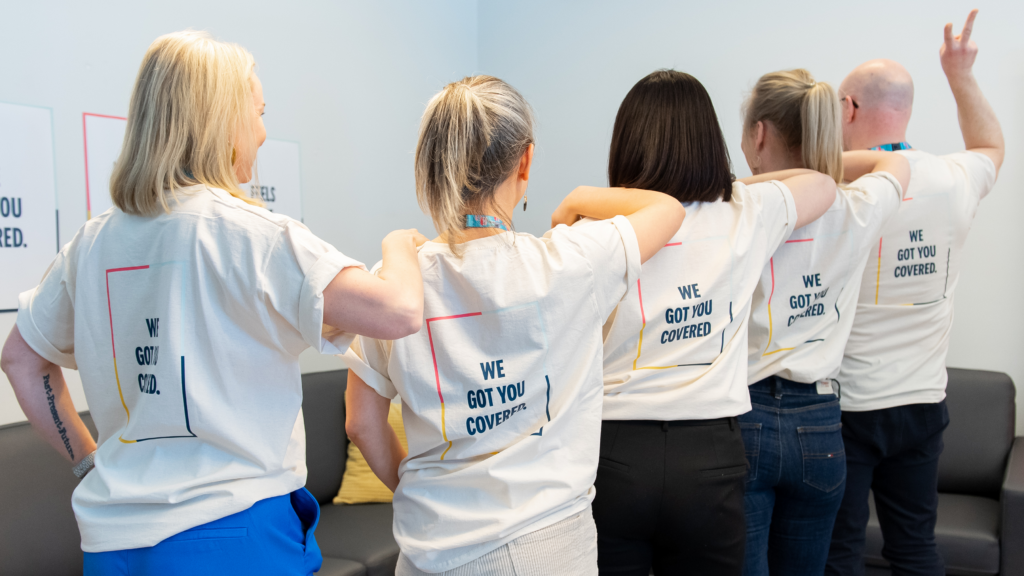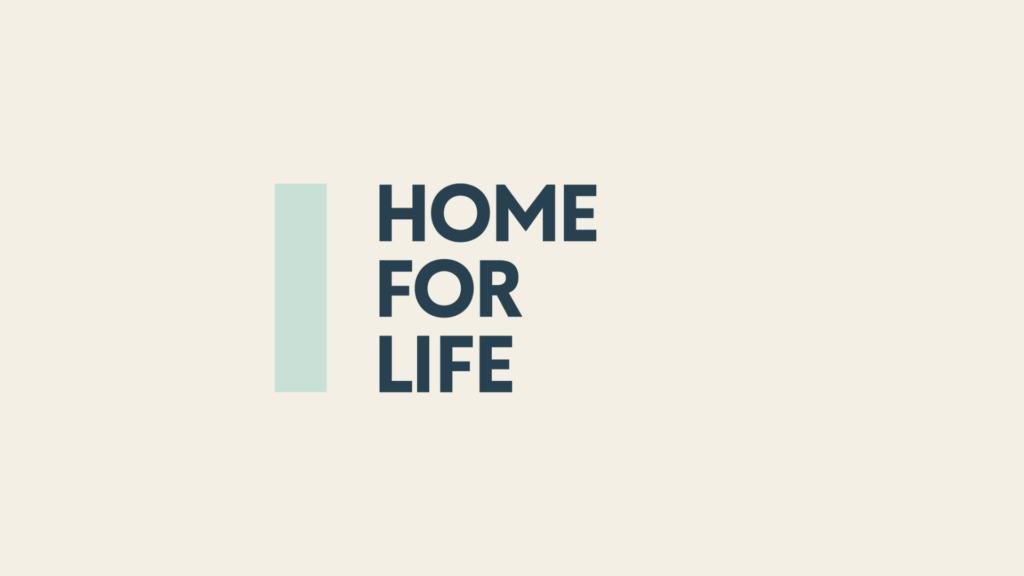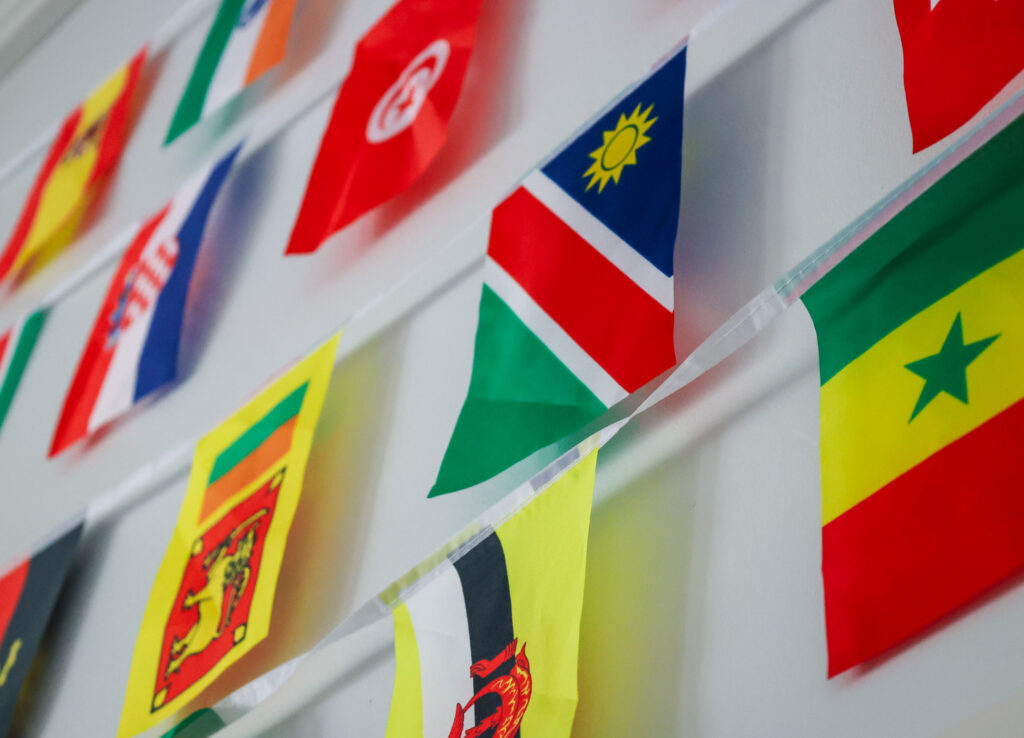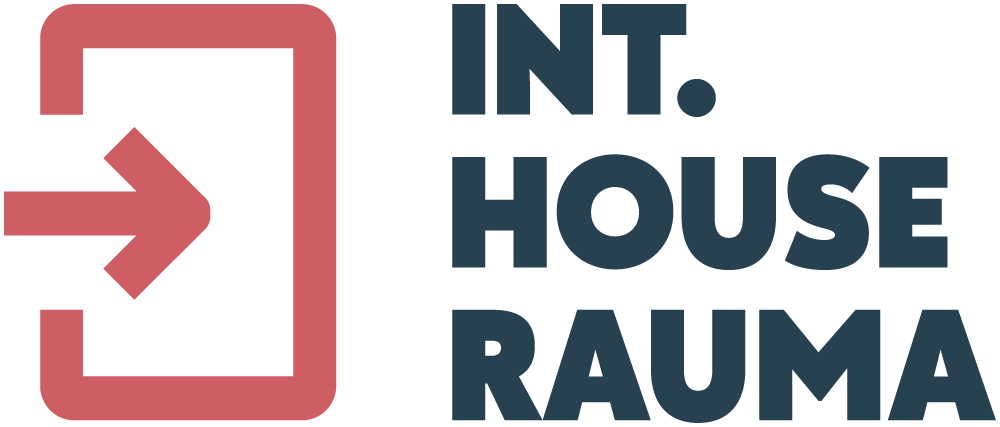About us


Contact us
International House Rauma, Service Point Pyyrman, Valtakatu 2 A.
Tel. +358 44 403 7886 (also WhatsApp)
international@rauma.fi
We are open
- Walk in service on Tuesdays and Thursdays at 9.00–16.00.
- Phone service from Monday to Friday at 9.00–16.00.
The Story of International House Rauma
The International House Rauma service point came up for the first time in the discussion already at the end of 2021, when a group of cooperation parties gathered to consider what could be done in the city to promote work-related immigration, employment of international students and the attraction and retention power of the area. The idea of a one-stop service model was implemented when the regional city project started in early 2022.
A wide collaboration group participated in the development of the service model, including e.g. Rauma Chamber of Commerce, Te-office, EURES, educational institutions and companies in the area, as well as people with a foreign background in the area. The cooperation group met every three months to review the progress of the project and give guidelines for the next steps.
The development of the service point took about 1.5 years. During that time, the existing services in the area were mapped and information was collected in one place. The operating concept of International House is to offer advice and guidance to customers on a one-stop basis.
The customers are both personal and business customers, and guidance and advice are given, e.g. for finding hobbies and work. The guidance offered to companies is mostly related to the hiring of labor force from abroad.




International House Rauma
Contact
Opening Hours
Walk in service on Tuesdays and Thursdays at 9.00–16.00.
Phone service from Monday to Friday at 9.00–16.00.
